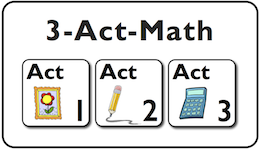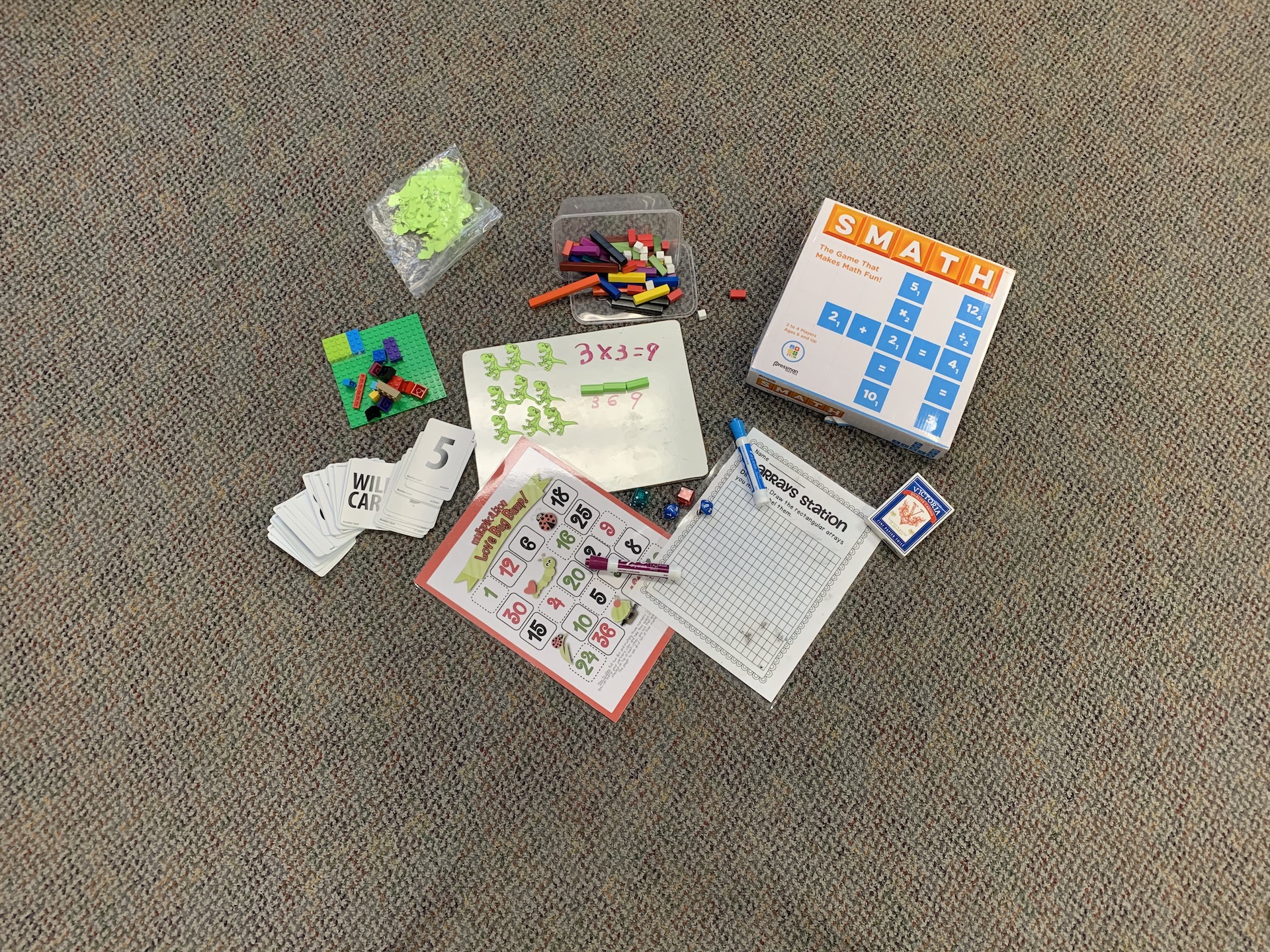https://www.edutopia.org/article/making-assessments-equitable-multilingual-students
One of my biggest challenges I find each year when completing our FSA tests is to make it equitable for my ELL students who have the skills and knowledge but not the vocabulary. After reading the linked article form July 2023 I found several strategies that test writers could easily implement when creating LSAs to support success for all students. “Scaffolding an exam does not reduce the academic standards. It simply makes the instructions more comprehensible and helps students produce more accurate responses,” (Huynh, 2023) this scaffolding supports all learners and allows all students to do their best. Huynh suggests that providing scaffolding built into the test its allows for the equitable assessment of all learners as each student has access to the scaffolding and support.
“Assessments do not need to be less rigorous for multilingual students. Actually, doing so would make learning inequitable. Being held to significantly lower standards would not develop grade-level skills or build content-based knowledge,” (Huynh, 2023) I would also extend this statement to working with students on IEPs, having students access grade level content and be assessed on grade level content with appropriate adaptations is equitable. I am reconsidering how I have set up assessments in the past and hoping to incorporate more scaffolding such as synonyms, word banks and sentence stems directly into my assessments in the future. All students will benefit from having synonyms provided for tier two academic vocabulary or less common vocabulary as it reduces the decoding load on our readers. This also supports UDL and RTI principles to allow all students to access their education and testing situations in a way that is equitable and will allow more students to benefit from scaffolding who would not otherwise receive adaptations on assessments but benefit from adaptive tools in their day to day learning. ELL students and many resource students do not commonly receive adaptations on LSAs, if not specified in an IEP, building the tools they need to succeed into the assessment we level the playing field and make the test equitable.
I think these ideas will have a positive effect on how LSAs are created and presented to students going forward. If test creators can build scaffolding right into the questions, I predict that we will see an increase in student success and a decrease in student anxiety on LSAs. By imbedding the tools that benefit every student and adhering to UDL principles and supporting tier 2 learners we can better align LSAs with classroom best practices. As many LSAs are moving to an online or digital format it becomes easier to imbed the scaffolding right in the test design perhaps with a tool that shows students synonyms for unknown or uncommon academic vocabulary.
References
Huynh, T. (2023, July 28). Making Assessments More Equitable for Multilingual Learners. Retrieved from Edutopia: https://www.edutopia.org/article/making-assessments-equitable-multilingual-students






